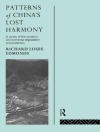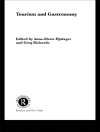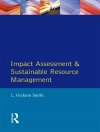Landscape conflicts, for example in connection with / in view of the energy transition, climate policy, transport policy, nature conservation, the extraction of mineral raw materials, the design of urban landscapes or tourism are potentially associated with high economic, social and political costs even before a possible escalation. It is therefore undoubtedly useful to gain a better understanding of landscape-related conflicts in terms of their causes, their course, their dynamics, their inherent logic and possible regulatory procedures. Frequently, such conflicts manifest themselves in particular in different claims and aspired or arrogated interpretative sovereignties concerning what can or may be considered together as ‘landscape’ (here understood as a special case to ‘space’), and these conflicts are not limited to the economic dimension, but they also ignite in social, political and cultural, often also in aesthetic and moral questions. The contributions to this anthology therefore focus on the question of how landscape conflicts can be seen as a productive social normality and be brought to a non-violent and not necessarily consensual settlement.
قائمة المحتويات
Part I Theoretical Foundations.- Part II Rural Areas.- Part III City, Cityscape.- Part IV Energy Landscapes.- Part V Digitization, Media.
عن المؤلف
Dr. Karsten Berr has been working as a research assistant at the Chair of Urban and Regional Development at Eberhard Karls University Tübingen since 2018.
Lara Koegst has been working as a research assistant at the Chair of Urban and Regional Development at Eberhard Karls University Tübingen since 2021.
Prof. Dr. Dr. Olaf Kühne is Professor of Urban and Regional Development at the University of Tübingen.












